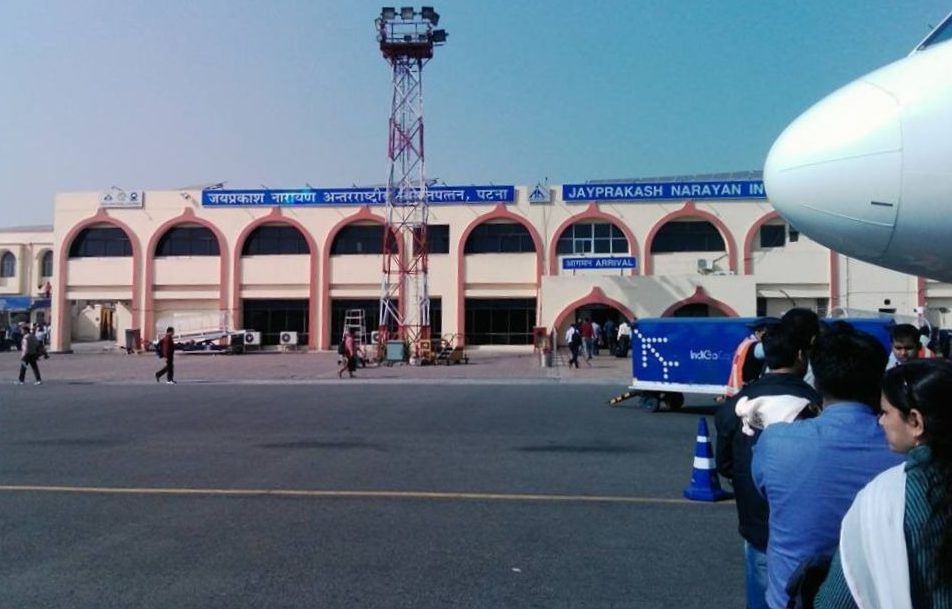The state health department has stepped up surveillance in the wake of spread of dengue, chikungunya, zika and H1N1 (influenza A) virus cases in other states and the possibility of the outbreak of the diseases due to migration of people in the ongoing festive season. The department has asked authorities of Patna and Gaya airport apart from major railway stations and Inland Water Ways Authority of India to inform travellers about the symptoms of these diseases and ask them to get themselves checked at the isolation room or health check-up counter to be created at those facilities if they exhibit any of the four viral diseases’ symptoms.
The airport, railway station and waterways authorities have been asked to provide space for setting up of an isolation room or health counter at their facilities.
Sanjay Kumar, principal health secretary and chief executive officer of the State Health Society, issued the notification on this on Monday.
“The notification says that in-flight announcement has to be done for the passengers for self-reporting — if they have fever — to the health counter to be set up at the airport and prepare a list of all fever cases with special emphasis on pregnant women,” said an official of the health department’s Integrated Disease Surveillance Programme (IDSP).
The official, who spoke under cover of anonymity, said that the department would provide a three-to four member team at each airport and station consisting of a medical officer, a nurse and a technician who would conduct rapid diagnostic test on the passengers to check whether they are suffering from dengue or chikungunya.
“The rapid diagnostic test hardly takes 15-20 minutes to give the final result.
Those who will test negative for dengue and chikungunya, their blood sample would be sent to the National Accreditation Board for Testing and Calibration Laboratories (NABL) labs (running at all state medical college hospitals) to check whether there is zika virus or H1N1 infection in the person or not,” said the official.
Passengers will also have the option of reporting to the airport health officer or district civil surgeon office in case they exhibit any of the symptoms of the diseases.
The health department notification, a copy of which is with The Telegraph, also says that billboards or signage containing information about the dengue, chikungunya, zika and H1N1 virus infection had to displayed at airports and railway stations.
Airports, railways, and the Inland Water Ways Authority of India have to send daily reports of the passengers screened at their facilities to the health department, according to the notification.
A senior health department official said that emphasis had been laid on self-reporting by passengers by informing them about the symptoms of the viral diseases and there was no compulsion that passengers had to get themselves tested at the airport, station or at disembarkation places of the Inland Water Ways Authority of India.
“We cannot compel passengers to get themselves tested for the viral infection,” said an official of the IDSP when asked whether self-reporting of fever cases was going to help in identifying cases of dengue, chikungunya, zika or H1N1 virus infection and stop the spread of the diseases.
“Also, there are many flights to and from Patna and Gaya airport and many trains reach Patna stations on a daily basis. So, we cannot make it compulsory for every passenger to get themselves tested at these facilities. It is impractical,” he added.
Dr Shankar Prakash, senior microbiologist at Patna Medical College and Hospital, said people should get themselves tested at the health counters to be created at airports and stations.
“The state government machinery will be there for the diagnosis of patients which conducts more authentic test as compared to private health facilities,” he said.
“People should make use of the government facility. The state health department cannot make the test compulsory at airport or railways because there might be some legal issues then.
“You cannot force an individual to get himself or herself tested for the disease,” he added.










